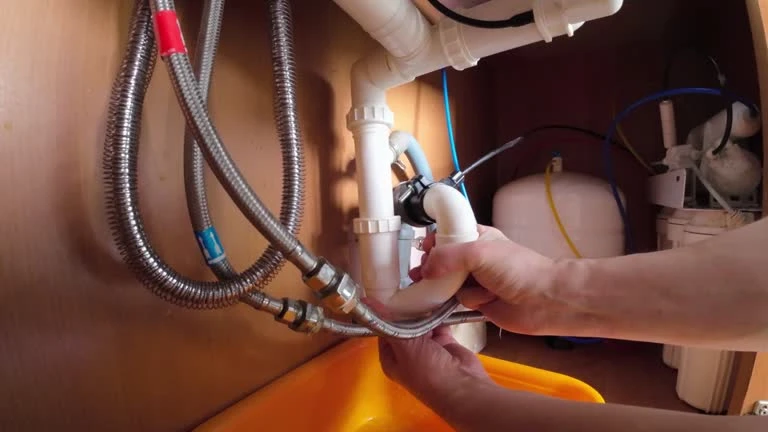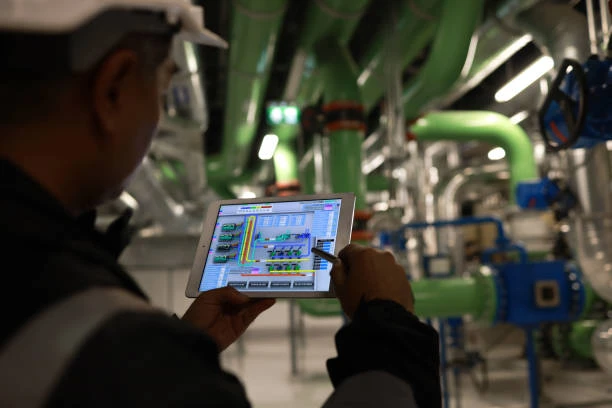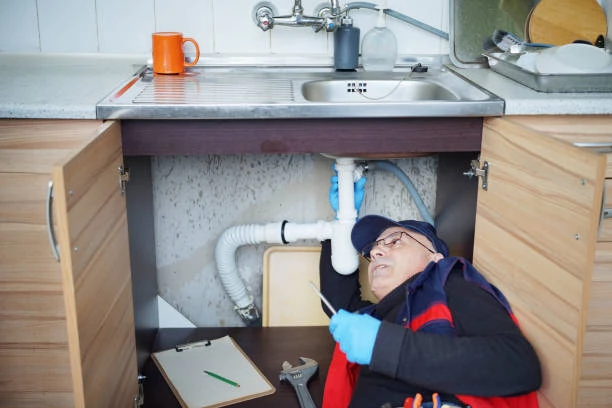Introduction to Ball Valves in Fire Protection
Ball valves play a critical role in fire protection systems. Their primary function is to control the flow of water. This control is vital during a fire emergency. A reliable ball valve ball ensures quick response times. Fire protection systems need valves that operate smoothly. Any delay in flow can lead to catastrophic results. Therefore, choosing the right ball valve is essential. Fire safety regulations often dictate specific valve standards. Understanding these requirements helps in selecting the right components.
Flow Control and Pressure Ratings
Flow control is a major requirement for ball valves. They must manage water flow efficiently during a fire. The ball valve ball design allows for minimal resistance. This feature ensures maximum flow when needed. Additionally, pressure ratings are crucial. Fire protection systems operate under high pressure. Ball valves must withstand these conditions without failure. For instance, valves used in sprinkler systems need high ratings. A reliable valve maintains adequate pressure for effective firefighting. Manufacturers often provide pressure ratings for various applications.
Durability and Material Selection
Durability is essential for ball valves in fire protection. These valves must withstand harsh environments. Fire protection systems can face extreme temperatures and pressures. Therefore, selecting the right materials is critical. Common materials include brass, stainless steel, and PVC. Each material has unique properties catering to different needs. For example, stainless steel resists corrosion and high temperatures. This characteristic makes it ideal for long-term use. A durable ball valve ball contributes to the overall lifespan of the valve. Regular inspections ensure that valves remain in good condition.
Actuation and Accessibility
Actuation methods play a significant role in valve performance. Fire protection systems often require quick valve operation. Manual and automatic actuation options are available. Manual valves need easy access for firefighters. Automatic valves respond immediately to fire detection systems. The choice depends on the specific application. A ball valve ball designed for easy actuation enhances usability. For example, a lever-operated valve allows for quick manual control. This feature is vital in emergencies, where every second counts.
Compliance with Standards and Regulations
Compliance with industry standards is non-negotiable. Fire protection systems must meet specific regulations. Organizations like NFPA (National Fire Protection Association) set these standards. Ball valves need certification to ensure reliability. Each valve must undergo rigorous testing. These tests evaluate performance under various conditions. A compliant ball valve ball ensures safety and functionality. For example, UL-listed valves meet stringent safety criteria. Facilities must keep records of compliance for inspections.
Maintenance and Inspection Requirements
Regular maintenance is vital for ball valves in fire protection. Inspections help identify potential issues before they escalate. Facilities should establish a maintenance schedule. This schedule should include routine checks and servicing. A well-maintained ball valve ball operates efficiently. For instance, lubricating the valve can prevent sticking. Regularly testing the valve’s functionality is essential. Fire drills can include testing the valve operation. This practice ensures that the system is ready when needed.
Integration with Fire Protection Systems
Ball valves must integrate seamlessly with fire protection systems. They work in conjunction with pumps, pipes, and nozzles. Proper integration ensures effective water delivery during emergencies. A ball valve ball must match the system’s specifications. This compatibility enhances overall system performance. For example, a valve should fit the diameter of the piping. Incorrect sizes can lead to leaks or reduced flow. Coordination among components is essential for effective firefighting.
Conclusion: Ensuring Safety and Reliability
In conclusion, ball valves are essential in fire protection systems. Their performance directly impacts safety and effectiveness. Understanding the requirements helps in selecting the right ball valve ball. Factors like flow control, durability, and compliance are crucial. Regular maintenance ensures that valves function properly. By adhering to standards, facilities can enhance safety. Investing in high-quality ball valves is a proactive approach to fire protection. Ultimately, these components play a vital role in saving lives and property.
IFAN Products international standards
IFAN products strictly adhere to a comprehensive range of international standards, encompassing ISO 15874, EN 15874, ASTM F2389, DIN 8077/8078, GB/T 18742, NBR 15884, ISO 15494, EN ISO 15494, GB/T 19472, NBR 15494, ASTM 2846 (501), DIN 8079/8080 (502), ASTM F441/F441M SCH80 (503), DIN (504), DIN (505), GB/T 18993, AS/NZS 1477, CSA B137.6, NSF/ANSI 14, TIS 17-2532/1131-2535, BS 3505, BS 4346 (801), ASTM D1785 SCH40 (802), ASTM D1785 SCH80 (803), DIN (804), GB (805), GB (806), GB(901), DWV(902), ASTM D2665 (903), along with ASTM D2241, D2665, D2729, and F441/F441M series, ISO 1452, EN ISO 1452, DIN 8061/8062, GB/T 10002, AS/NZS 1477, JIS K6741, CSA B137.3, and other national and industry norms.
Connect
IFAN is a Chinese manufacturer of plastic pipes, fittings and valves with 30 years of experience. If you are interest in IFAN copper fittings, copper valves, plastic pipes and fittings, please contact us. IFAN offers you a variety of standard pipes to meet your specific needs. Click below to learn more about IFAN’s wide range of affordable and cost-effective valve products and piping system related products.
We will reply your email or fax within 24 hours.
You can call us at any time if there is any question on our production.
For more information,pls visit our webside https://waterpipefitting.com/
Pls Mailto: [email protected]
Whatsapp: +86 15088288323














Recent Comments